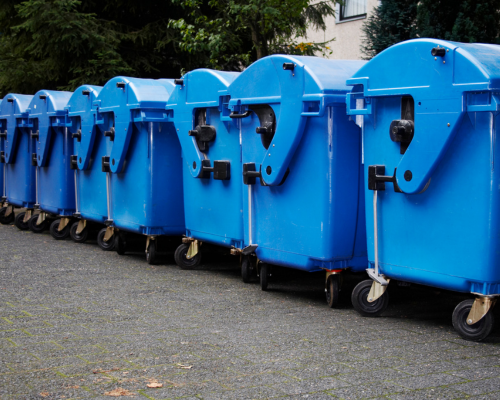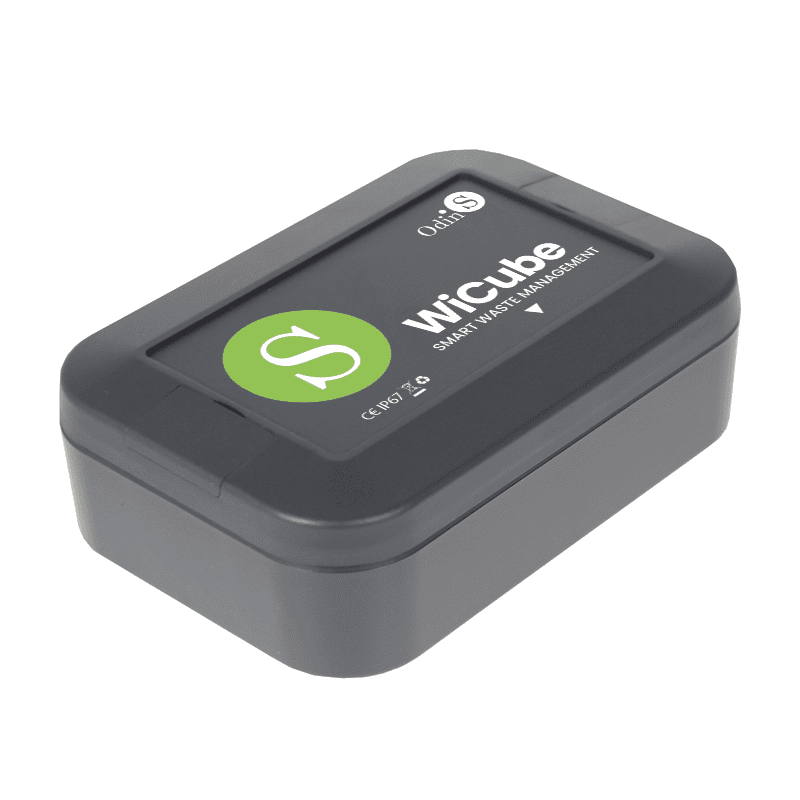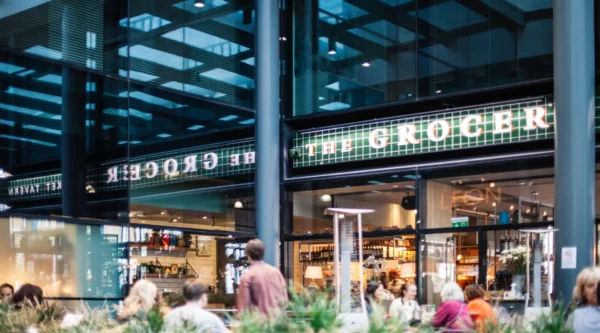Smart management of container fill levels
Automation has emerged as a fundamental pillar applicable to all sectors and in this case to optimize various logistics operations and improve sustainability, notable in areas such as freight transport and container management, which are experiencing a transformation driven by innovation applied to advanced technological solutions.
Automation allows us to have precise, real-time, geolocalized control of processes such as container filling , whether for industrial materials, consumer products, or waste..
Aplicando está automatización con tecnología IoT, nos permite avoiding unnecessary trips by planning the most efficient routes, thereby reducing downtime and minimising energy consumption and carbon dioxide emissions, generating a positive impact on the reduction of emissions and saving resources, along with a positive impact.
Environmental benefits of automation in container management
The integration of automated systems in container management brings with it a number of key benefits for the environment:
- Route Optimization: With the ability to monitor fill levels and the ability to indicate when the container needs to be emptied (waste) or when it is empty (various materials), transports or collections are carried out only when necessary, avoiding unnecessary journeys and saving fuel. This not only improves efficiency, but also significantly reduces greenhouse gas emissions.
- Emission reduction: More efficient route planning means fewer trips and more efficient use of resources, which directly contribute to reducing the carbon footprint of cities and businesses, helping to combat air pollution.
- Improved planning and sustainability : Knowing in advance when containers must be emptied or transported prevents situations of saturation, leaks or overflows.
Esto es especialmente crucial en la gestión de residuos, donde una planificación deficiente puede generar problemas de higiene y un mayor impacto ambiental.
- Cost and maintenance savings : Automating these processes not only optimizes the use of machinery and fuel, but also reduces the need for frequent maintenance, prolonging the useful life of the equipment and minimizing waste resulting from its wear.
WiCube: Technological innovation at the service of sustainability
In this great innovation, OdinS has its WiCube device as its flagship , a sensor specifically designed to offer a comprehensive and sustainable solution in container management, with a special focus on waste management. WiCube also has a multi-device platform, which allows real-time monitoring and visualization of filling levels, facilitating efficient collection by designing the most appropriate route.
Thanks to its interoperability and use of open protocols, WiCube is easy to integrate with existing management platforms, optimizing logistics operations. Its consumption Ultra-low power consumption, coupled with a replaceable battery that can last more than 5 years, ensures long-lasting operation and reduces the need for frequent maintenance.
The WiCube, with its ability to geolocate containers and alert in case of vandalism, is designed to operate in harsh environmental conditions, ensuring its durability and reliability in all types of scenarios. This combination of resistance, intelligence and sustainability makes it an essential tool for those looking to reduce operating costs, while maintaining comprehensive and efficient logistics.






